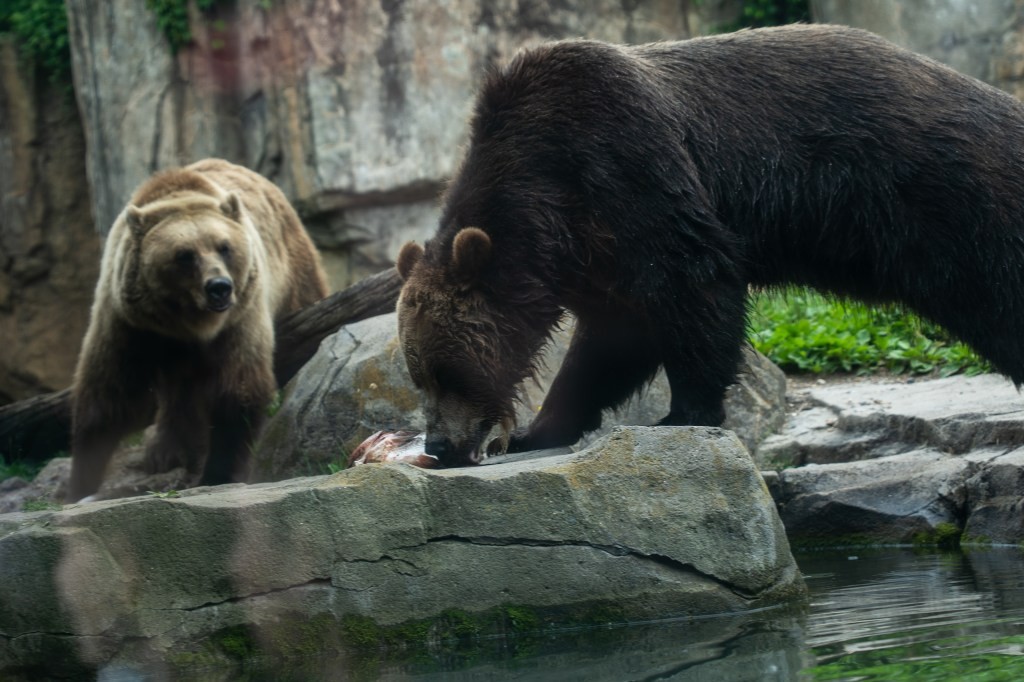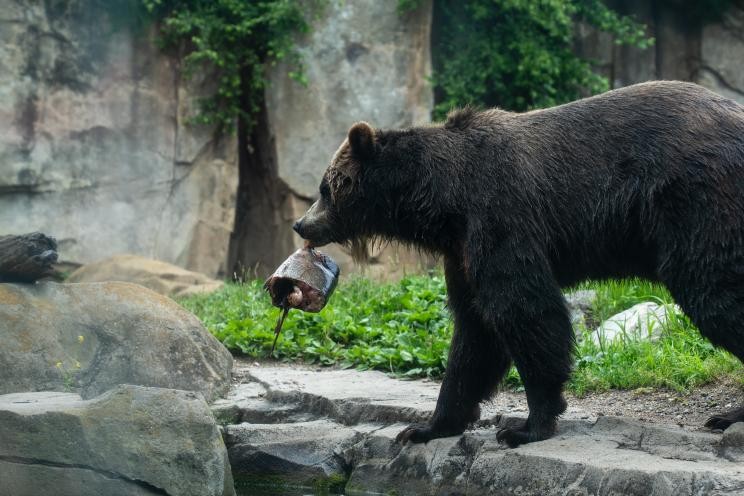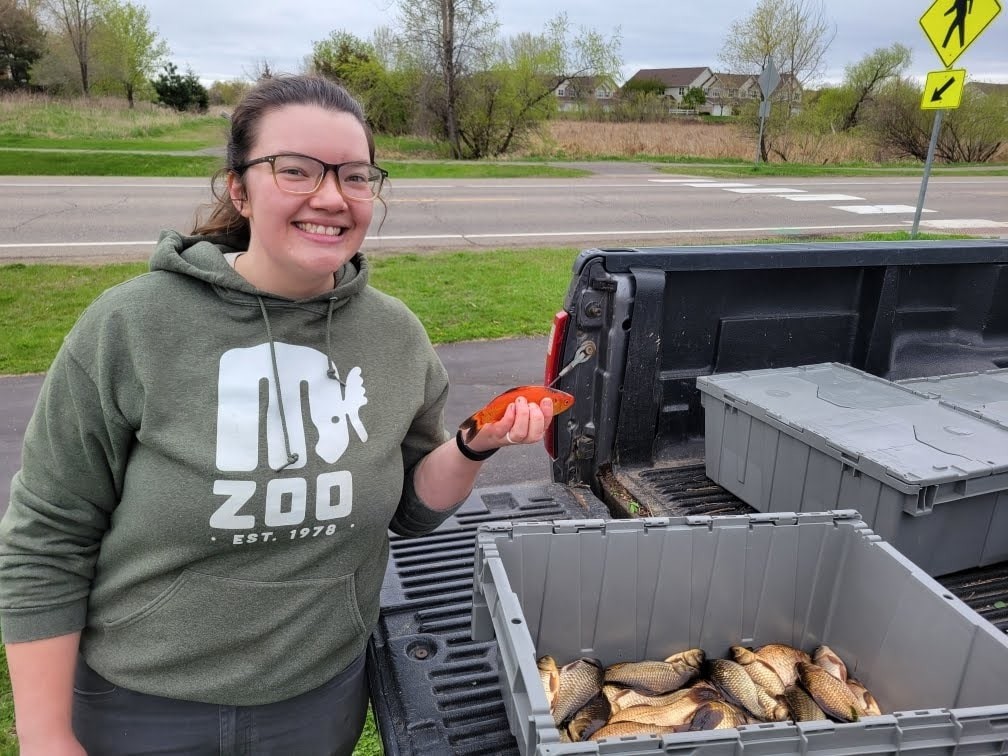Pet Goldfish Invasions: Lakes Overrun by Four-Pound Giants, and a Grisly Zoo Fix
Across the United States, pet goldfish released into waterways have ballooned to monstrous sizes, outcompeting native species and upending delicate ecosystems. In Minnesota, Lake Cornelia has been invaded by thousands of goldfish discarded by careless pet owners. In response, zookeepers propose an unorthodox conservation measure: feeding the invasive goldfish to hungry zoo animals—a plan described by supporters as bold, and by critics as grisly.

In This Article:
Invasion Mechanics: Why Goldfish Are Damaging Lake Ecosystems
Goldfish can grow to four pounds when released into the wild, quickly outpacing native fish for food and space. In Lake Cornelia, thousands of goldfish have invaded, outcompeting other native species and stirring up the lake bottom. Their presence releases phosphorus from the lake bed, fueling algae blooms and clouding the water. When removed, many goldfish end up in landfills or compost sites, a far from ideal fate for wildlife management.

A Bold Partnership: Turning Trash into Wildlife Nutrition
A new collaboration between Nine Mile Creek Watershed District and the Minnesota Zoo aims to repurpose harvested fish—including goldfish from Lake Cornelia and carp from Minnesota rivers—into meals for wildlife sanctuary residents. "We are working with a limited number of partners to ensure safe food handling, and inclusion in animal diets is carefully evaluated as part of a well-balanced and individualized diet plan," said Kelly Kappen, a nutritionist at the Minnesota Zoo. "Many animals are suspicious of new foods, so repeated introductions are often necessary for these new options to be consumed." "So far, brown bears are loving the carp, sea lions are tentatively enjoying the goldfish, and river otters have sampled both goldfish and rusty crayfish. We’re still learning what works best."

A Wider Horizon: The Problem Crosses State Lines
Minnesota isn’t the only state grappling with invasive goldfish. Colorado, Nevada, and Pennsylvania have reported similar issues, where officials with the U.S. Fish and Wildlife Service hauled a massive “megalodon” goldfish from a pond in Erie. Authorities speculated that the specimen could’ve been swimming with the fishes for up to two years. "Someone released it, thinking they were being kind," the officials declared. "Instead, they created an invasive problem that can last decades."


